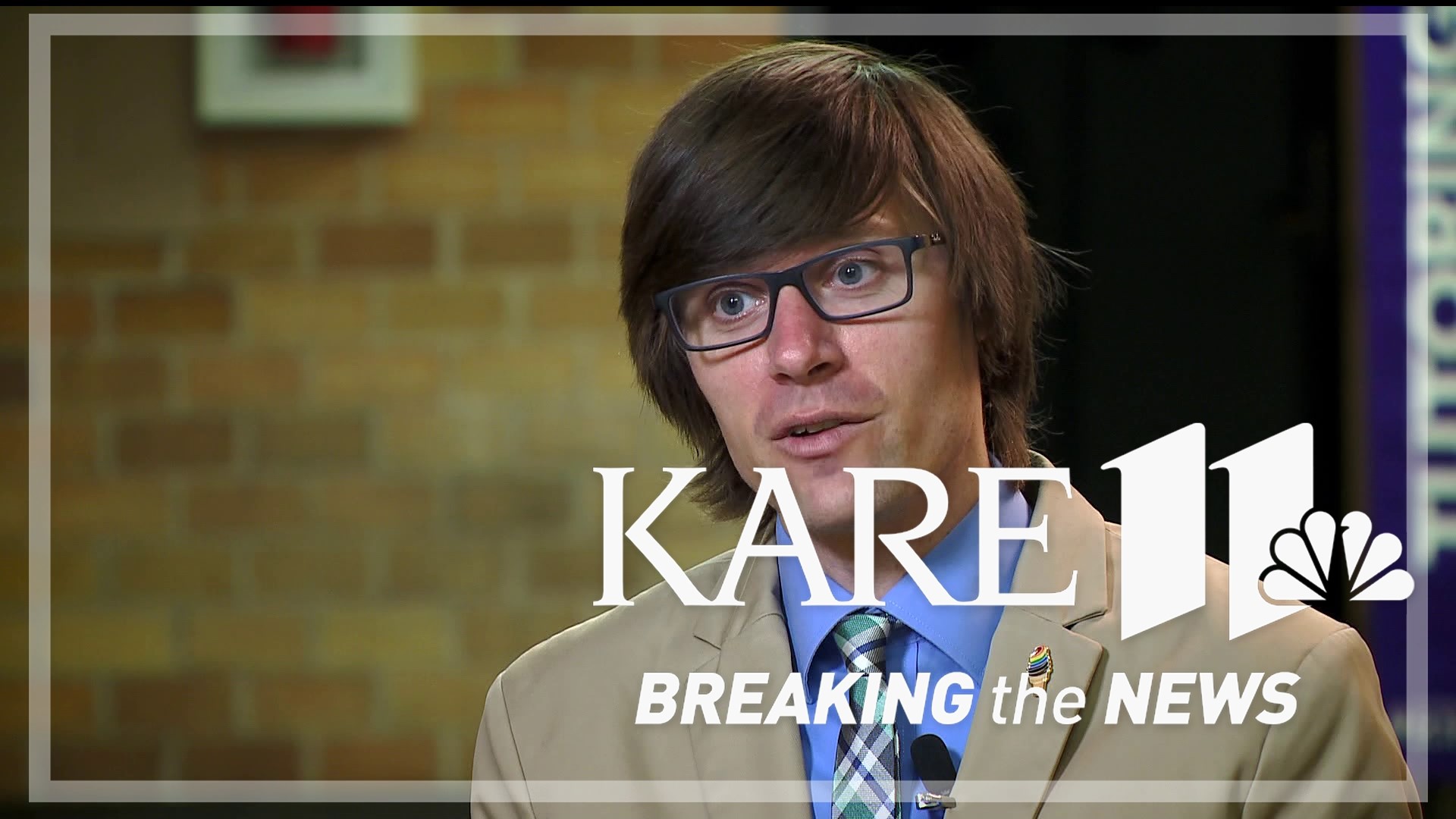ST PAUL, Minnesota — The Federal Reserve delivered its fourth rate hike since March on Wednesday.
There's no sugarcoating the move by the Fed, increasing the rate for the second consecutive time, three-quarters of a point.
"It's big. I think there's no way to get around it, that this is the Fed going after inflation. I think there should be something maybe a little bit calming in that the Fed is actually worried about the same thing that Americans are worrying about: that inflation is really high, and they're going after that pretty aggressively," said Tyler Schipper, an economics professor at the University of St. Thomas.
"I like the use the analogy that driving interest rates is like driving a car, but you're only using the rearview mirror. So, you're making these decisions and you don't see what happens until well after you make the decision, and that makes the Fed's job very tough," Schipper added.
There are also questions about whether the Fed can address every issue that is on the plate of the U.S. economy to keep all things balanced.
"Whether the types of inflation that the Fed is seeing right now is something that can be addressed," he said. "If it's energy prices and the Fed raises interest rates, is that going to slowdown economics to be in the right sector of the economy to bring down energy prices? It doesn't do anything to address grain shortages coming out of the Ukraine or an energy crisis from a trade embargo. It won't touch those things. There's some criticism about whether we should drive down prices in a heavy handed way, that maybe puts us into a recession as well," said Schipper.
The "r" word is something that Schipper helped shed some light on by using a a former TV series.
"There's a famous episode of 'West Wing' that they just decided to called it a 'bagel.' Because talking about recessions make people believe that we're in a recession and that in itself can cause a recession. From the Fed's perspective, one of the things they look at is the job market appears really strong still. Usually the reasons that we care about recessions is that it usually means layoffs and people lose their jobs and they need to be on unemployment. That means real hard decisions for real people — we don't see that right now," said Schipper.
Watch more Breaking The News:
Watch all of the latest stories from Breaking The News in our YouTube playlist:

